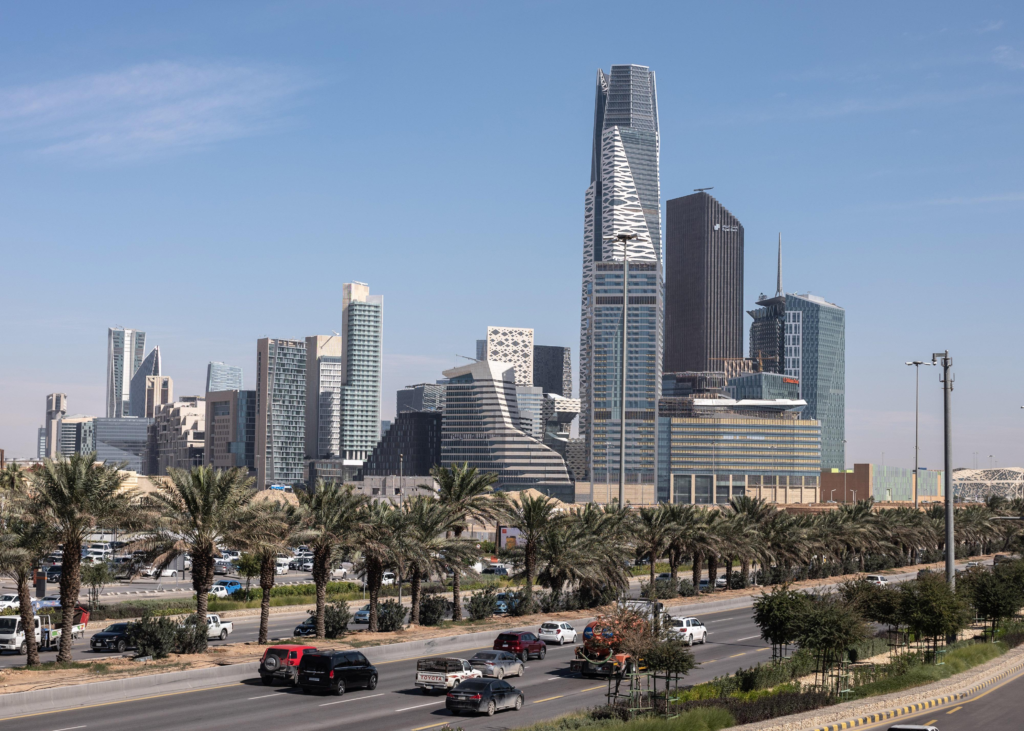Table of Contents
In a move marking a significant shift in property regulation, Saudi Arabia will allow citizens and entities to own real estate beginning January 2026, according to an official government document reviewed by local media.
This change signals an important opening of the Saudi property market to foreign investors and non-citizens, aligned with the country’s broader economic transformation plans.
What’s changing and how it will work
Under the new law, several ownership categories will be eligible including non-Saudi individuals, non-Saudi companies, Saudi companies with foreign shareholding, non-profit entities, and diplomatic missions.
However, there will be exceptions. For example, ownership in the Islamic holy cities of Mecca and Medina will remain restricted: only Muslims and Saudi-registered companies will be able to own or hold usufruct rights in designated zones.
The law also sets out new registration requirements. Properties must be properly registered and full disclosure of data and documents will be required.
At the same time, fees, taxes and penalties have been defined: non-Saudi ownership will carry combined fees and taxes of around 10 percent (including transaction and administrative fees) and violations of the law may incur fines up to SAR 10 million.
Designated zones and oversight
One of the key pieces still to be finalised is a list of geographical zones where non-Saudi ownership will be permitted, along with specific rules on ownership percentages, types of rights and grace periods.
The oversight of this law will involve 13 government agencies and an advisory committee to monitor implementation, performance and recommend any adjustments needed.
Why this matters

The opening up of the real estate market to non-Saudis stands to bring several benefits. First, it is expected to stimulate investment in the real estate sector, which underpins more than 120 economic activities in Saudi Arabia.
Second, it supports the housing supply, job creation, and overall growth of the construction and development ecosystem. Third, it aligns with the country’s vision for economic diversification and reform under the Vision 2030 agenda.
For foreign investors or expats, the move signals a newly emerging opportunity: gaining a foothold in one of the Middle East’s most dynamic property markets. For Saudi citizens and companies, careful design of regulation will try to balance increased foreign participation with protection of nationals’ interests in the property sector.
Things to watch
- The exact list of zones where non-Saudi ownership will be permitted. Without this, the practical reach of the law will remain uncertain.
- Specific ownership rights and percentages: Will it be full freehold, leasehold, or something in between?
- How the regulatory and administrative processes (registration, disclosure, taxation) will work in practice.
- How restrictions in cities like Mecca and Medina will be enforced and interpreted in real settings.
- The impact of non-Saudi ownership on property prices, local supply and the broader real estate market dynamics in Saudi Arabia.
Implications for Indian and other foreign investors
For Indian investors and the diaspora given strong economic ties with Saudi Arabia—the upcoming law opens up a new category of investment: residential or commercial real-estate in Saudi cities.
However, investors should be cautious: understanding the legal framework, the permitted zones and the rights and obligations will be critical. Because the full regulatory details are yet to be disclosed, a wait-and-see approach may serve well until the full law and executive regulations are published.
What this means for the local market

Domestic real-estate developers and local companies will likely see increased competition as foreign capital enters the market. At the same time, increased foreign participation could boost new developments, raise standards, and introduce fresh architectural and design trends.
Regulators will need to balance the benefits of foreign investment with ensuring locals retain meaningful access and control over housing and real estate markets. The law’s design suggests this balance was front of mind: only certain zones will be open, and there are strict disclosure and penalty frameworks to govern participation.
Conclusion
Beginning January 2026, non-Saudis will be able to own real estate in Saudi Arabia — a landmark step in opening up the market and boosting investment. The specifics of how, where and under what conditions remain to be finalised, but the framework is now set.
For foreign investors, this presents a fresh opportunity. For local stakeholders, it signals a changing landscape in which increased transparency, oversight and global standards will play a greater role. As Saudi Arabia enters this next phase, the real estate sector appears poised for significant transformation.
Do Follow Estate Magazine on Instagram
Read More:- Global Acai Berry Market Set for Explosive USD 3.6 Billion Growth by 2035



